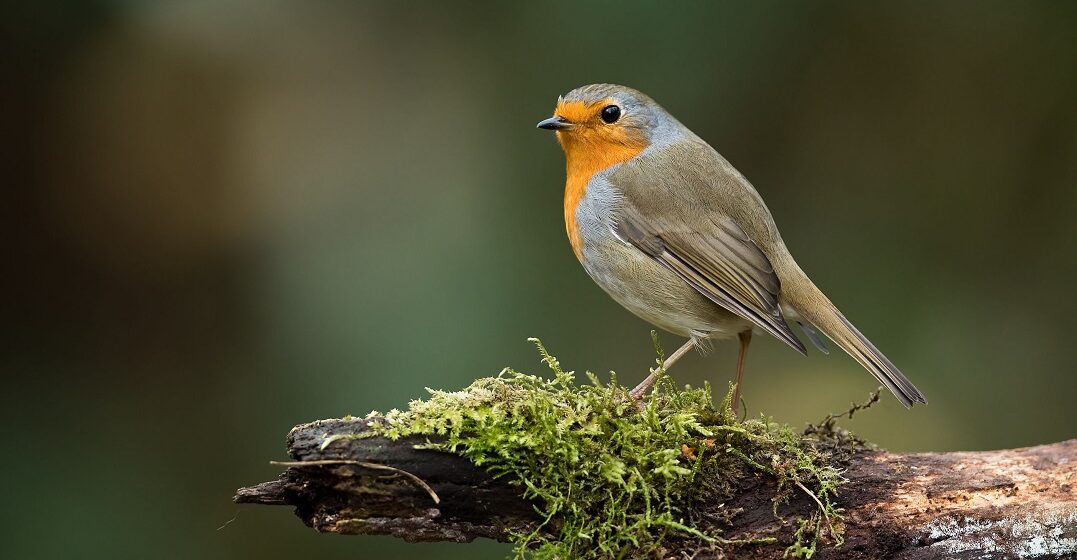Updated on January 3, 2024

10 garden birds you can find in France

From the Gallic rooster to the Napoleon eagle, a few famous birds have become emblematic in France. If you enjoy hiking and birdwatching, you’ll want to explore certain French regions to watch the wild species they host, such as the pink flamingos in Camargue. At the other end of the spectrum, some birds can be domesticated and become part of your family. Halfway in between, birds may also decorate gardens, alongside flowers and butterflies. Not quite tamed but used to being around human people, they bring a bit of nature into cities and to your home doorstep. Learn the names of ten common garden birds in France to further your knowledge of French and learn the main facts about them.
There are different kinds of wagtails, but la bergeronnette grise is one of the most common ones in France. With a size between 6.5 and 7.5 inches, this small bird is easily recognizable with its long tail and its mix of black, grey and white. This partial migratory bird may choose to stay where it is throughout the French seasons or prefer to fly to the south of France and beyond when winter comes.
Le chardonneret owes its name to le chardon (thistle) they enjoy so much. Indeed, you’re more likely to see them if your garden includes this sort of weed. With its mix of white, red, black, yellow and brown, the goldfinch is a highly colorful bird. You’ll be equally charmed by its song, one of the most melodious animal sounds.
All dressed in black (for males) or brown (for females) except for its yellow beak, le merle is very easily recognizable. You may spot it either hopping around or nesting in bushes. This food lover enjoys eating insects, grains and small berries.
As often with bird species, there are different kinds of chickadees, but la mésange charbonnière (great chickadee) and la mésange bleue (blue chickadee) are among the most common ones. Slightly smaller, the blue chickadee is characterized by its cobalt blue color at the top of its head, whereas the great chickadee has a shiny black head and neck. Both have a yellow belly, topped with a black “tie” in the case of the great chickadee. Like the blackbird, the chickadee is omnivorous and enjoys eating insects, berries and grains, especially peanuts.
Quite possibly one the least timid animals around, le moineau domestique enjoys the company of humans. You’ll have many opportunities to spot it, even if, at about 6.3 inches, it’s a tiny bird. The male has a brown head and back, with a grey belly and cap. The female has less vivid hues of brown and grey.
The biggest of French garden birds in our list, la pie is also among the most gorgeous ones, with its bright black and white feathers and coat and its long stacked tail. This intelligent bird can be domesticated and eats just about anything, including fruits.
Another common bird in France, le pinson is a highly colorful one, especially among males with hues of orangy pink, blue, grey, black, white and brown. You’ll also enjoy its melodious song. You’ll find them mostly on and around trees, where they nest. They exclusively eat grains.
The smallest bird in our list, le roitelet huppé is easily spotted, with its high-pitched call and the color of its cap: orange for males and yellow for females, with a black rim. Its back is olive green, its belly yellow grey and its wings stripped. This tiny but hyperactive bird is constantly fluttering about and hopping from branch to branch.
Le rouge-gorge may be overly famous for its beautiful orange throat, but you’ll never get tired of watching this plump and pretty bird. One of the least fearful birds, they’re often seen in gardens eating worms. But, as they often stand on the ground, they’re also easy prey if you have a cat.
This somewhat stocky bird mixes yellow, olive green and brown on its belly, back and head. Its wings are grey, with strips of yellow on their edges. Of a similar size to a sparrow, you could be forgiven for confusing it with a canary. You’ll find it in parks and gardens, in bushes, small trees and ivy.
Of course, there are more than just ten birds fluttering in gardens all over France. But the names included in our list are among the most common and famous ones. Of different shapes, sizes and colors, they’re fairly easy to spot and always charming to watch!